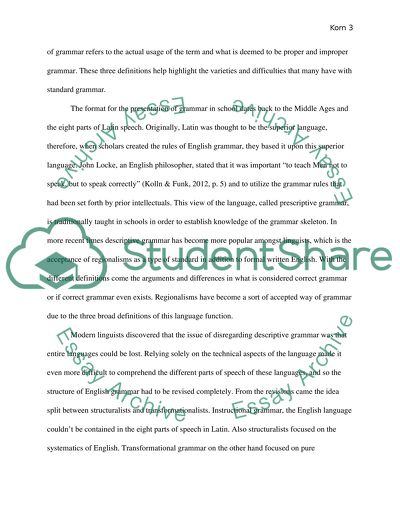Cite this document
(“Synthesis Essay- Grammar Essay Example | Topics and Well Written Essays - 1500 words”, n.d.)
Retrieved from https://studentshare.org/english/1476389-synthesis-essay-grammar
Retrieved from https://studentshare.org/english/1476389-synthesis-essay-grammar
(Synthesis Essay- Grammar Essay Example | Topics and Well Written Essays - 1500 Words)
https://studentshare.org/english/1476389-synthesis-essay-grammar.
https://studentshare.org/english/1476389-synthesis-essay-grammar.
“Synthesis Essay- Grammar Essay Example | Topics and Well Written Essays - 1500 Words”, n.d. https://studentshare.org/english/1476389-synthesis-essay-grammar.


